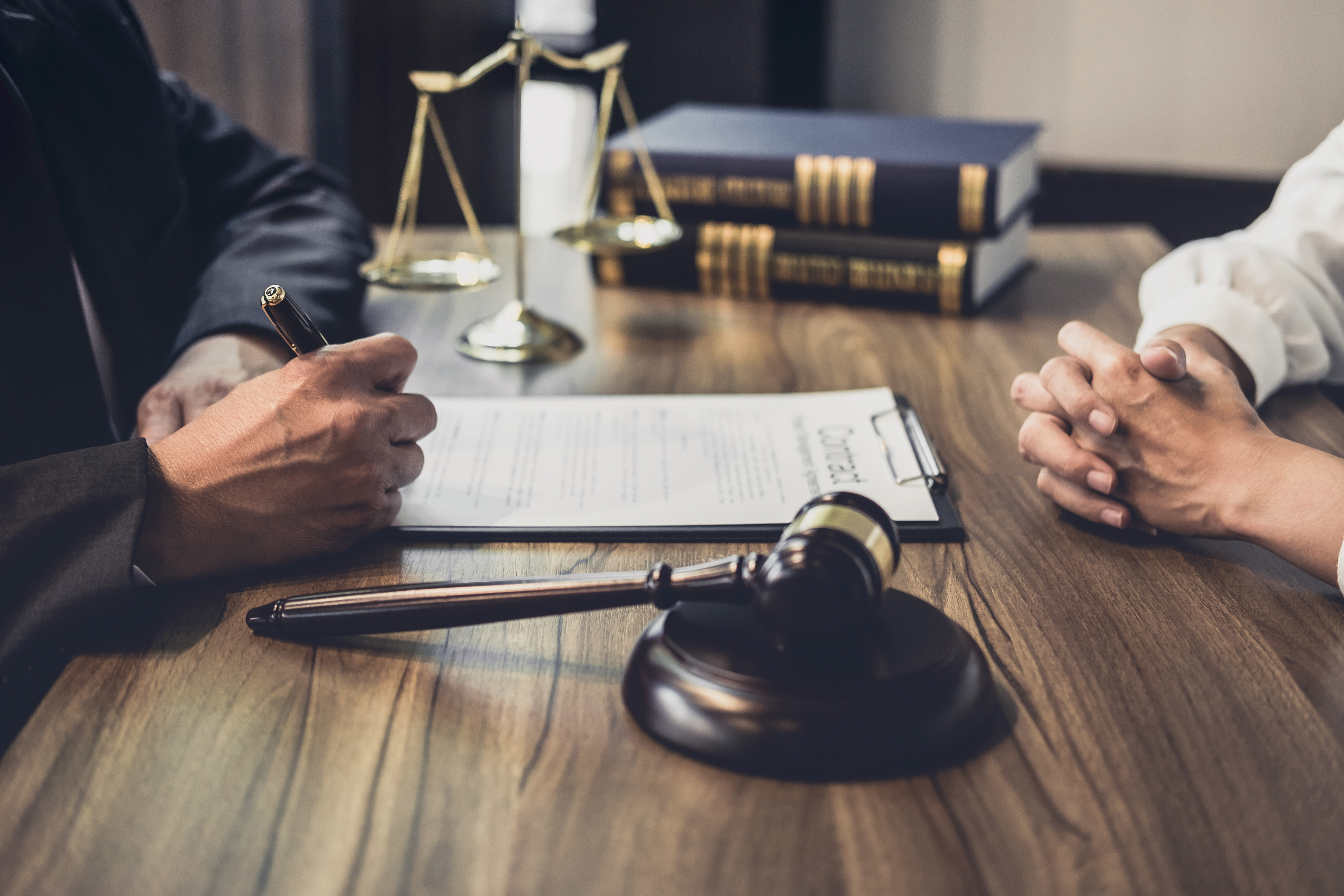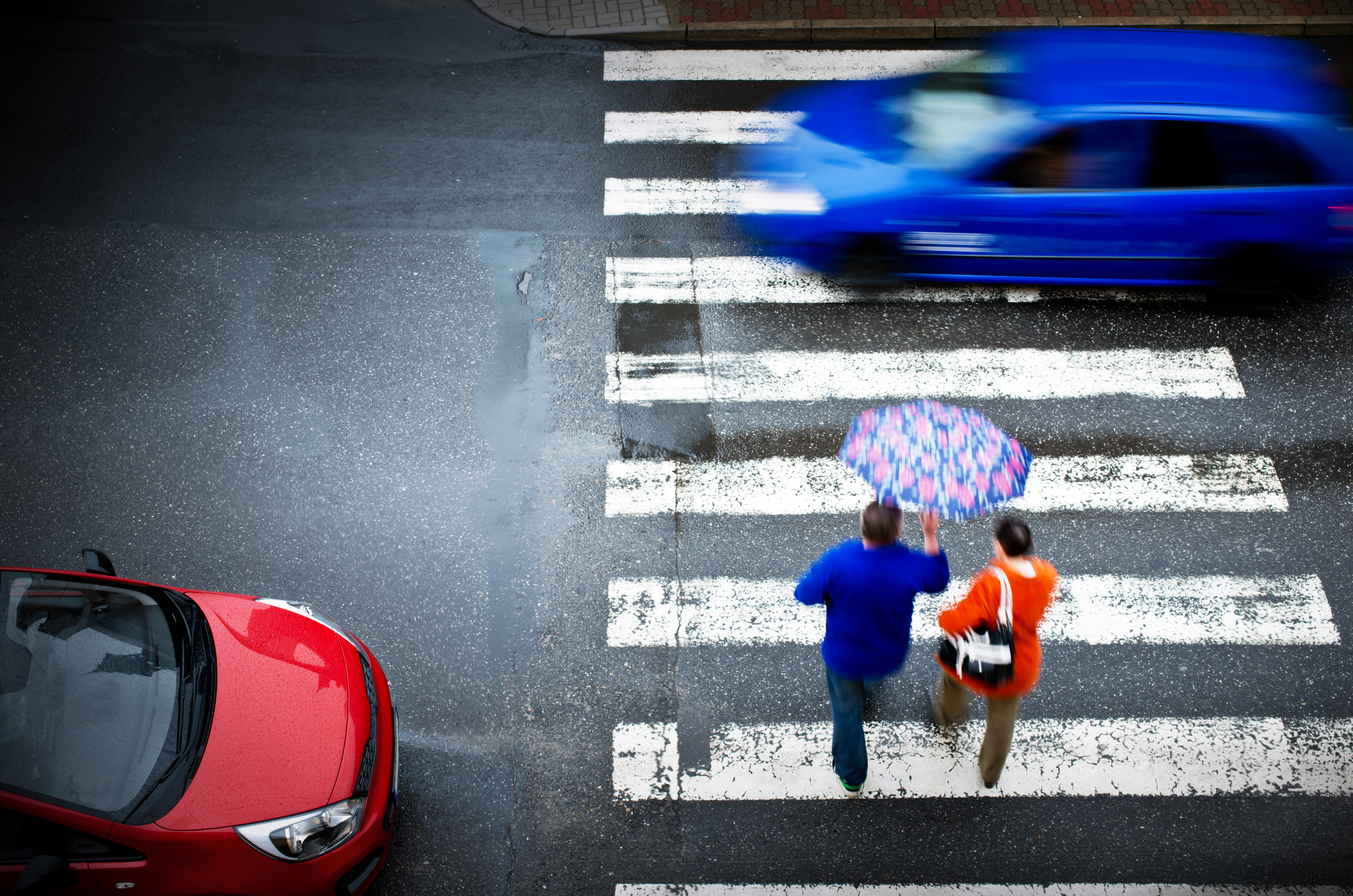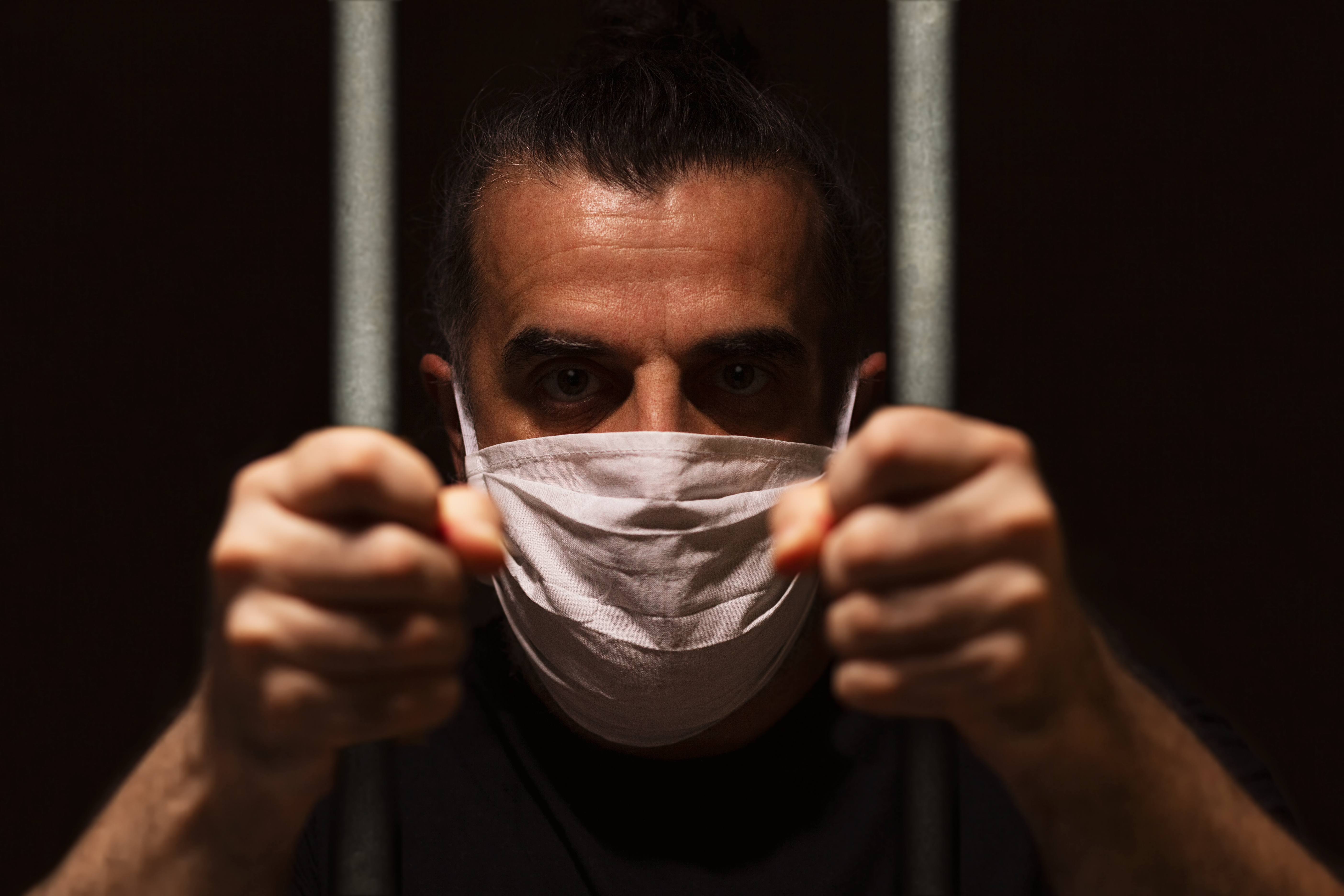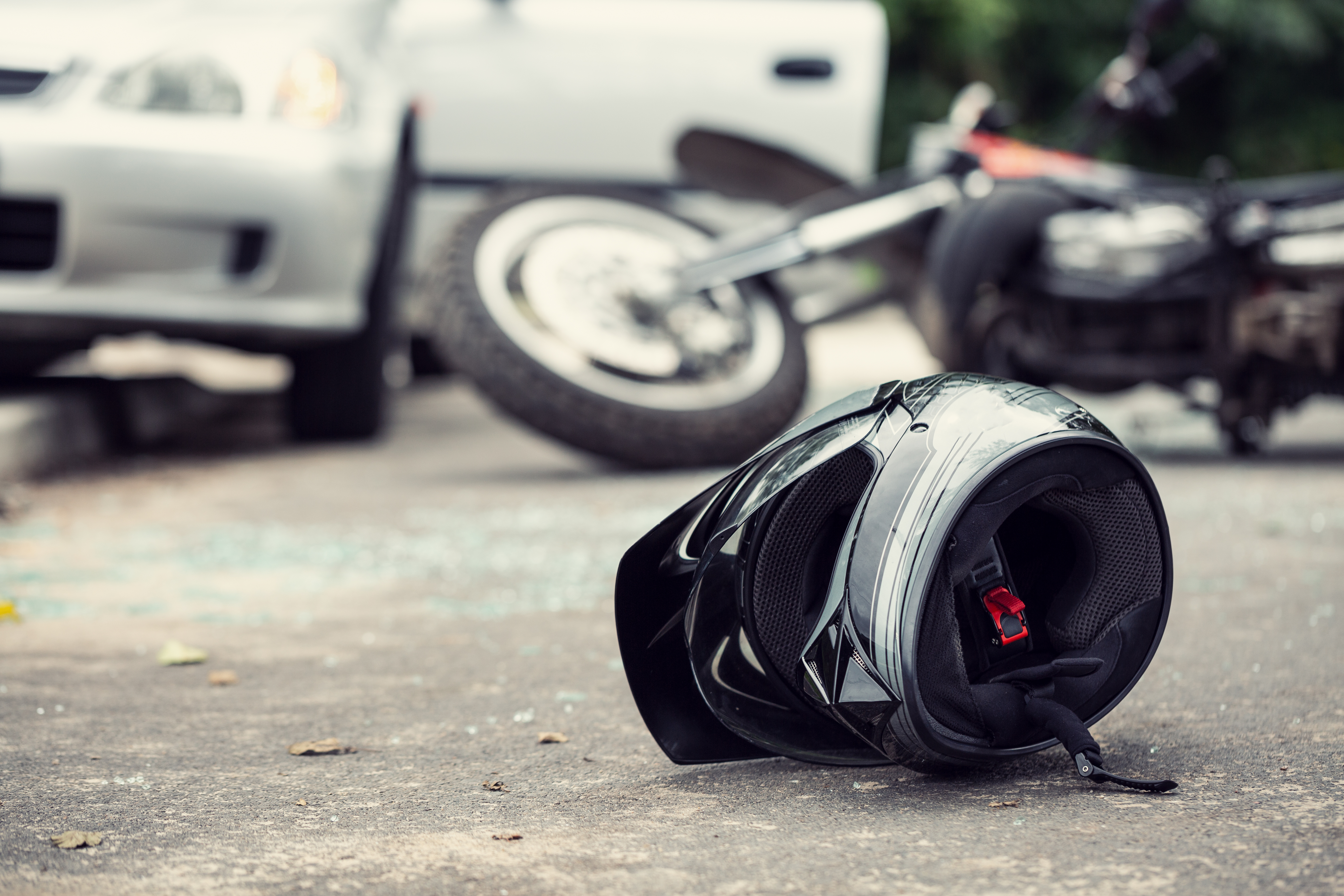Dangerous Driving Occasioning Death – s 52A(1) Crimes Act 1900 (NSW)
Section 52A(1) Crimes Act 1900 (NSW) creates an offence to drive your car resulting in someone’s death from an impact, if at the time you were driving, you were:
- Under the influence of alcohol or drugs, or
- At speed dangerous to another person, or
- Driving In a manner dangerous to another person.
Your Options in Court
Before you can be found guilty for this offence, the police must prove, beyond reasonable doubt, each of the following three elements of the offence:
- Your car was involved in an impact with the other person
- That impact caused death to the person
- At the time of driving, you were under the influence of drugs or alcohol, or you drove your car in a speed or manner dangerous to other people.
If any one of the above elements are not proven to the court, you will be found not guilty and the charge will be dismissed in court.
Our highly experienced specialist traffic lawyers will give you realistic and practical advice, point out all the holes in the police evidence and focus on getting the charges dropped at an early stage of the case. They have successfully achieved this on countless occasions over the years and continue to do so.
Defences to this charge
Some realistic defences available to you include the following:
- You were not speeding at the time. We will gather evidence from one of our hand selected panel of accident reconstruction experts known to be the best in Australia.
- Proving that you were not driving in a manner that caused real or potential danger to the public. Our defence team will use the best accident reconstructions experts who will attend the scene, and prepare a detailed report explaining why the accident was not due to the manner of your driving.
- Proving you were not under the influence of drugs or alcohol. this can be proven by using pharmacologist experts.
- Duress or necessity
What does drive in speed or manner dangerous mean?
The Case of R v Buttsworth [1983] says that you are considered to be driving in a speed or manner dangerous if your acts as a driver constitute danger, real or potential, to the public. But whether such danger exists depends on the circumstances of the case. Some of the factors the court will look into include:
- Condition of your vehicle i.e. whether you knew that your breaks were out of order
- The immediate result of the driving i.e. the impact may indicate the quality of your driving
- Conditions of the roadway and car
- The amount and nature of traffic that might be expected
- Your speed
- The observance of traffic signals
Before pleading guilty, it is critical you speak to an experienced specialist traffic lawyer who will be able to immediately pick out any defences you may have available, and point out all the holes in the police evidence. If you do plead guilty to the charge, it is worthy to know how to prepare your case to maximise your chances at getting the best possible outcome, which include the following.
25% discount on punishment
Pleading guilty at an early stage of your case in court will entitle you to a discount of up to 25% on the punishment. This will result in a more lenient punishment, and is why it is critical to get early advice from an experienced expert traffic lawyer so that you do not miss out on this discount.
Good character references
A well written and structured good character reference can put you in a much better light before the Judge when he is she reads it, allowing for a more lenient punishment if it expresses your remorse, embarrassment, insight and all the good things you have done by people who know you well.
Our specialist traffic lawyers will guide you on who to get each reference from, what things to comment on, what not to comment on, and the format of each reference. Each reference should then be reviewed with feedback before handing it to the Judge to read.
Negotiate to drop charges
Yes, your charge can be negotiated at an early stage of your case, something our specialist traffic lawyers give a special focus on. They hold a high success rate given their proven track record of getting charges dropped or downgraded to a lesser serious charge at an early stage. This often results in a much lighter punishment the Judge is allowed to give.
This is achieved by our specialist traffic lawyers who strategically approach police to negotiate- only after carefully analysing the police evidence, pointing out all their holes, then gathering powerful expert reconstruction reports from well respected and experienced reconstruction experts in Australia who are considered leaders in the industry.
Negotiate facts
The police facts sheet is a documented version of what happened, which is drafted by police, and read by the Judge. It often does not reflect the entire truth of what happened and if not negotiated and changed can be what the Judge will read before giving you a punishment.
This is why it is critical to negotiate the police facts to change it to reflect the truth, and put you in a much better light. This will significantly improve your outcome with a lighter punishment.
Our expert traffic lawyers have successfully achieved this on countless occasions over the years and know how to maximise your chances at succeeding.
Psychologist reports
A well written psychologist or psychiatrist report from an experienced and well respected expert in the field can significantly improve the outcome to your case with a lenient punishment for the following reasons:
- It is a great way to express remorse and insight into your offending conduct allowing the Judge to give leniency to you.
- It can express a professional opinion with a medical diagnosis of whether or not you were suffering a mental condition at the time of the offence which may have contributed to your conduct. If so, it allows the Judge to give you more leniency in the punishment.
- It can express your perspective of why you behaved in this way, which provides your version of the story. This is relevant as it can provide an explanation for your conduct and allow the Judge to give more leniency.
Our specialist traffic lawyers only use the leading psychologists and psychiatrists in Australia to draft their clients reports which is then read by the Judge.
Reconstruction expert reports
It is very important to use and obtain reports from the best accident reconstruction experts in Australia to maximise your chances at the best possible outcome. This is because a well written report from a leading, experienced expert in accident reconstruction can have a powerful effect to the Judge.
These kind of reports can provide a better explanation for why the incident occurred in the way it did allowing the Judge to see you in a better light than the picture the police may have originally painted of you. this can significantly improve the outcome of your case with a much lighter punishment, and avoid prison.
Maximum penalty
The maximum penalty for this offence is up to 10 years imprisonment. The good news is that the Courts don’t normally give the maximum and reserve it for only the most serious cases.
The courts take this offence very seriously and will want to punish you for it while also using you as an example to set to the community. Our specialist traffic lawyers have a proven track record of exceptional results and will powerfully present your case in a way that puts you in the best possible position when being punished by the Judge.
Something you should know
There is a case of R v Whyte [2002] NSWCCA that courts like to refer to as a guide when considering what punishment to give you in situations where your conduct involves a high degree of criminal responsibility for your actions in causing the collision and death. In such situations, this guide case says that a term of 3 years full time imprisonment is generally appropriate. This does not apply to every case.
The law says that your criminal responsibility is increased where for example you expose more number of people to risk, degree of your intoxication, aggressive driving, long length of journey you were intending to travel while intoxicated, degree of sleep deprivation, degree of speed etc.
Types of penalties
There are a number of different types of punishment available to the Judge to give you which depends on the circumstances of each case. The types of punishment include the following:
- Section 10 Dismissal
- Conditional Release Order
- Fine
- Community Correction Order
- Intensive Correction Order
- Full Time Imprisonment
Our specialist traffic defence lawyers are highly experienced in court appearances and preparation for these charges. They have successfully persuaded Magistrates and Judges away from imposing full time terms of imprisonments to our clients on countless occasions for these offences over the years.
Our team of specialist traffic lawyers are leaders in traffic law with a proven track record of exceptional results over the years. They can guide and represented you by presenting powerful submissions and material to the Judge, maximising your chances at getting the most lenient punishment possible to your case.
 (02) 8606 2218
(02) 8606 2218









